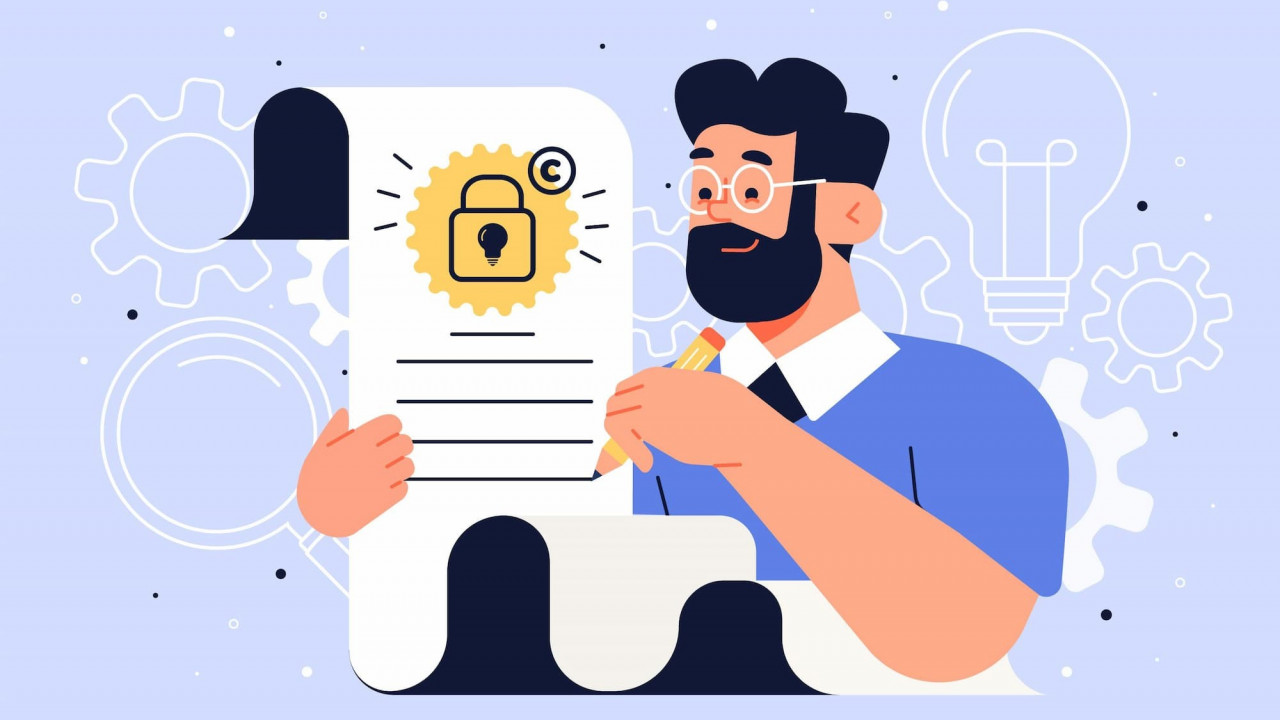
If you are looking to bring a product to market, or to licence your idea, you will want to make sure that your invention is protected with a patent. Before marketing a product, you want to ensure you are not going to get sued for patent infringement. After making sure that your invention is a novel idea through an extensive patent search, it is also important to secure your invention to prevent others from claiming it.
If you are having trouble getting started with a patent search, or you are not getting any significant results, your idea might not yet be an invention. If you cannot tell whether your idea is a process, a machine, or some combination thereof, then your invention might still be an idea that you cannot patent. If you do find a patent describing all of the steps in a process that you invented, your invention is not new anymore.
Too often, inventors talk about their ideas with others before filing their patent applications, and that leads to several parties asserting ownership over an inventions ideas. Often, inventions cannot be protected as trade secrets long term, and an inventor needs to file a patent application. At the same time, if you reveal your invention prior to filing your patent application, you severely limit your chances of getting patent protection for this invention.
Under first-to-file patent law, if you reveal details about your invention to the public before filing your patent, that invention is no longer patentable, meaning that it is available to everyone. Inventors are granted patents for limited periods in return for teaching others how to make and use a patented invention, so the public can make and use an invention once the patents are up.
Patent protection is granted to inventions, products, or processes which introduce new technological solutions. A patent is an exclusive intellectual property right to the invention of a technological product or process. A patent is a form of intellectual property granted by the government which asserts the exclusive rights to the invention for up to 20 years.

A patent gives you exclusive rights to prevent others from making, using, or selling your invention in any way. A registered patent gives the holder the exclusive right to produce, use, or sell the invention, subject to fees and royalties.
A patent is essential if you wish to prevent others from commercialising, selling, or importing your invention. If a patented invention has a high enough demand, the patent may be used to stop others from marketing their own versions of the patented product. A patent can give you a major competitive advantage, as you will have exclusive rights to exploit your invention in commerce.
Normally, a big company would enjoy a big head start on a new startup with an invention, but having a patent helps prevent big companies with big marketing and manufacturing budgets from using your idea. Having a patent for your new invention could put you ahead of your competitors and provide you with solid market share. Because it is often hard to determine what inventions have business potential, firms can have a tendency to overuse patents when they do come along.
If no patent is filed, an invention is fair game; anyone can use that invention to make other new inventions, with no regard to the inventor himself. Even if the invention is novel, useful, and not obvious, there is no guarantee that it is eligible for patent protection. Before you are tempted to think there is some broad-based method to protect an idea, even one that does not evolve into an invention patentable, or even one without patents, you should take some time to understand the purposes and limitations of nondisclosure agreements and trade secrets.
That is why everyone who is inventing a product, whether a device or unique piece of technology, should strongly consider filing for patents. Someone who believes that your invention does not fit the criteria of patentability may seek to rescind your patent. If you hold a patent, others are in principle prohibited from making, using, reselling, leasing, providing, importing, or possessing your invention, or offering your invention to anyone else.
Patent holders may give rights to use a patent to other entities; therefore, companies that want the patented technology to use patented technology must contact patent owners to see what conditions under which they may be allowed access to patented technology. Generally, the terms of patent ownership of the prospective invention are agreed to before research begins.
Legally, a patent is a negative power, which gives an inventor the power to exclude others from asserting ownership in an invention. An invention, including an asexually reproducing plant, may also be subject to a negative power of ownership condition if the invention is sold, offered for sale, used, or displayed publicly, or if there is an earlier filed patent application. In summary, patent protection provides a great opportunity to protect your investments and to recoup costs associated with developing a new product.






